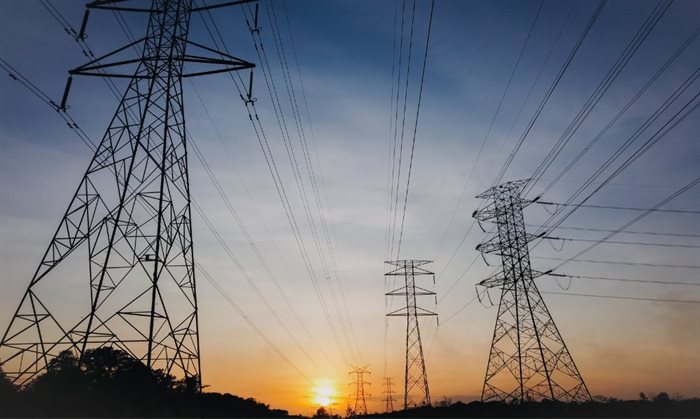Inospace chief operating officer, Jacques Weber, says President Cyril Ramaphosa must focus on small and medium-sized businesses when he addresses the country during the upcoming State of the Nation Address this week, and how government will be alleviating the ongoing energy crisis.

Source: Supplied
The Department of Small Business Development announced recently that it was considering relief measures to assist SMEs affected by load shedding which Weber says must be "realistic and translate into financial assistance".
"We call on the government to immediately provide unconditional assistance to SMEs whose businesses are at an enormous risk of being annihilated by unending load shedding," says Weber.
Inospace owns and operates serviced industrial and logistics parks and has over 1,500 small and medium-sized enterprises which have been hardest hit by the energy crisis.
SMEs most vulnerable
Making up more than 98% of businesses across the country, SMEs contribute 39% towards the country's GDP. According to Weber, that contribution should increase in the coming years, further cementing the importance of SMEs to the South African economy. However, these businesses are also the most vulnerable to economic upheaval and externally driven pressures.
"While load shedding persists, thousands of SMEs are staring down the barrel, contemplating shedding jobs, lowering production or possibly winding up. The SME segment of the economy does not have the means to get off the grid through costly alternative power solutions," says Weber.
Structured interventions
Inospace believes that funds and facilities must be urgently provided to relieve smaller businesses with their existing debts and payments and that government relief should assist SMEs in paying for raw materials, labour and other operational costs.
"These interventions must be structured to match the patterns of small business cash flow and the extent of the impact experienced due to the load shedding," says Weber.
The company has launched a 'Living with Load Shedding' project to help its clients minimise disruptions to their business operations, including solar and inverter options and generator advice to assist those that require emergency assistance.
"Everyone hopes that load shedding will start bottoming out and slowly easing over time. But it's unlikely there will be any relief soon. Accommodating load shedding into our business operations and strategies will be essential for at least a few years," concludes Weber.





































